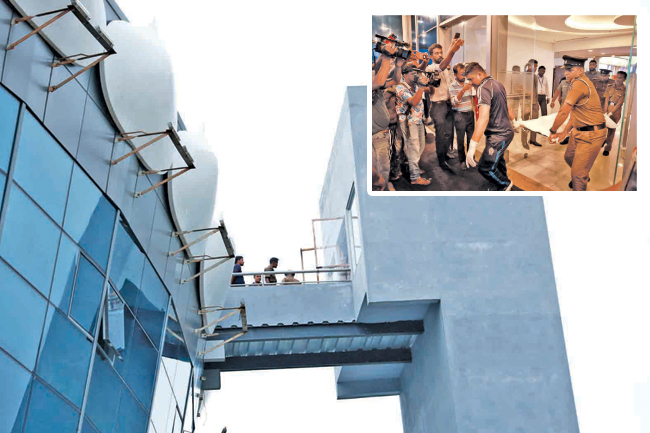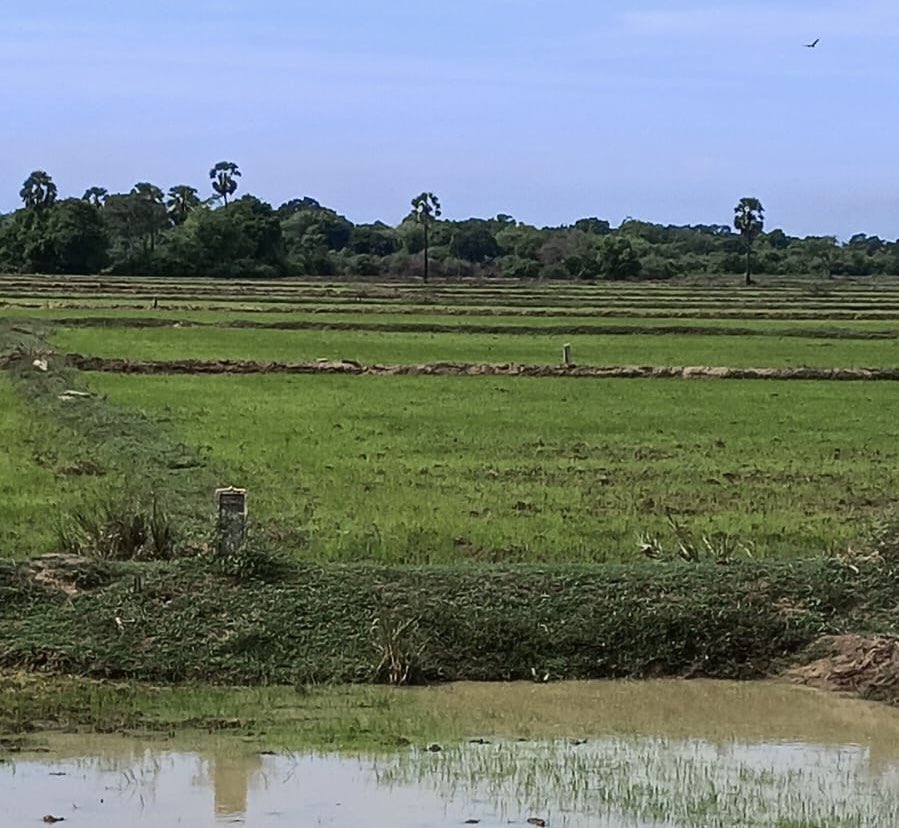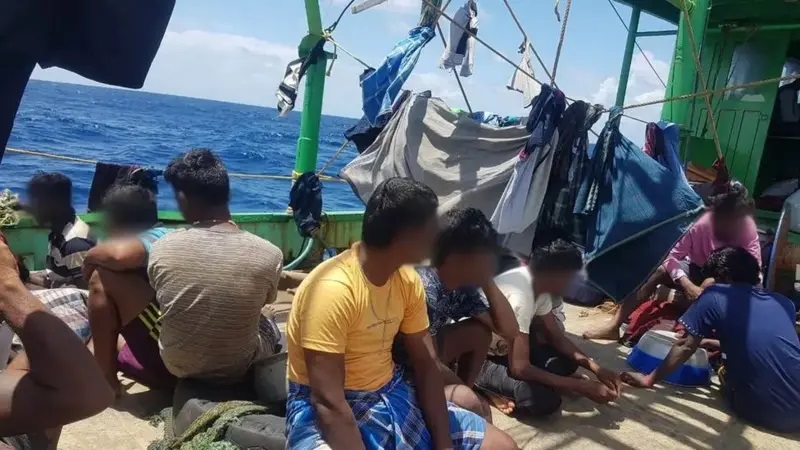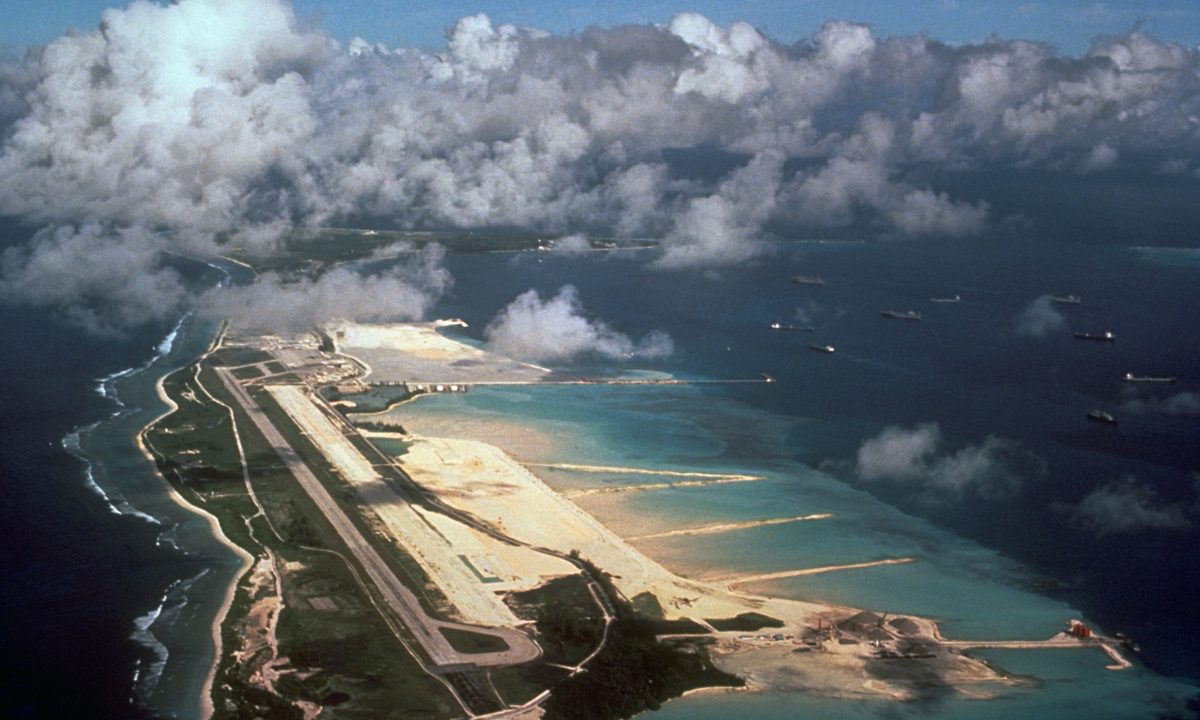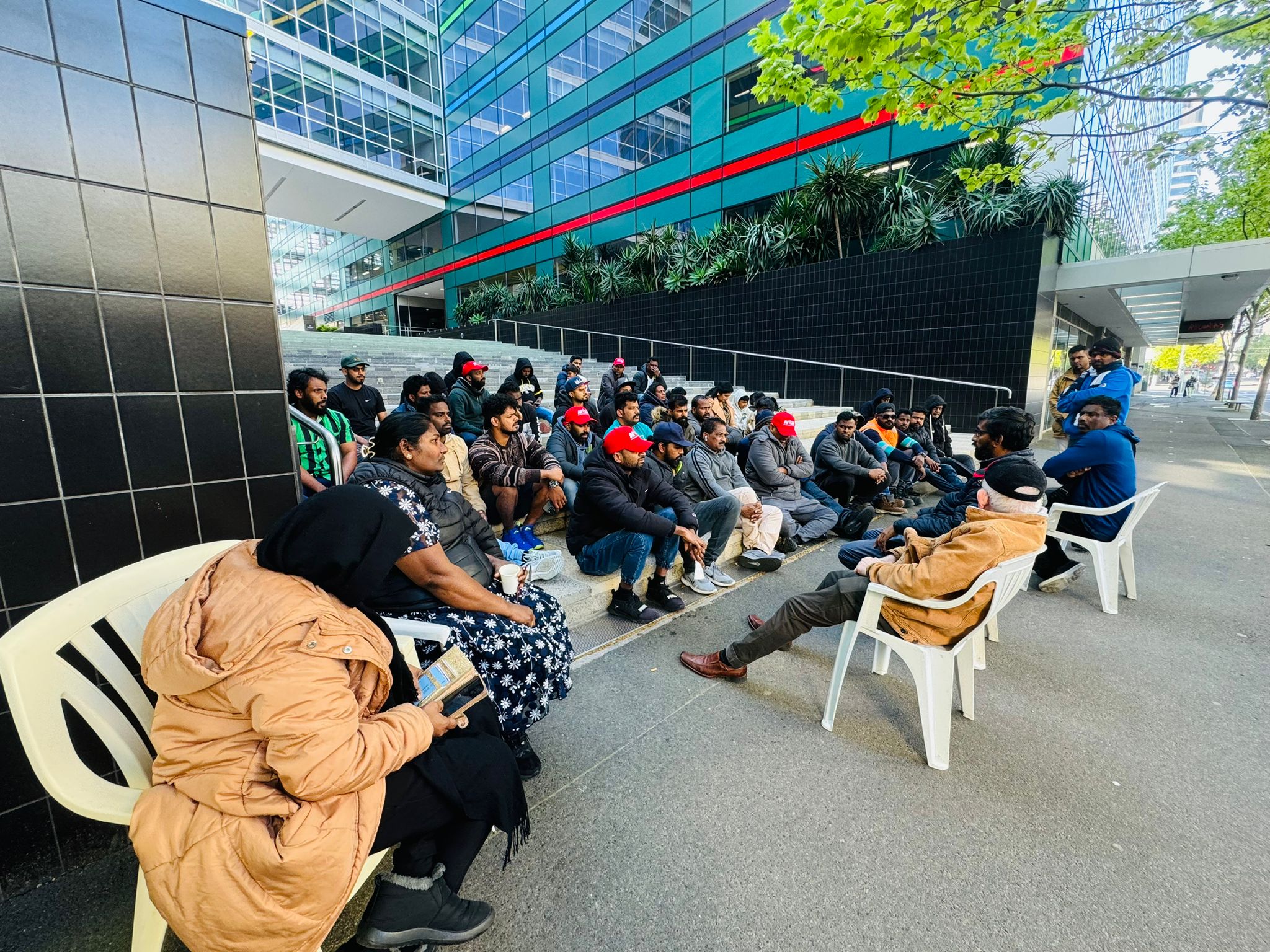.jpg)
At a ceremony held at the Sri Lanka Air Force Base in Katunayake, U.S. Navy Admiral Steve Koehler, commander of the U.S. Pacific Fleet, officially handed over a Beechcraft King Air 360ER aircraft to the Sri Lanka Air Force (SLAF), as he celebrated increasing military cooperation between the two countries.
“The United States and Sri Lanka are doing more together as professional militaries than ever before,” said Admiral Koehler.
.jpg)
At a ceremony held at the Sri Lanka Air Force Base in Katunayake, U.S. Navy Admiral Steve Koehler, commander of the U.S. Pacific Fleet, officially handed over a Beechcraft King Air 360ER aircraft to the Sri Lanka Air Force (SLAF), as he celebrated increasing military cooperation between the two countries.
“The United States and Sri Lanka are doing more together as professional militaries than ever before,” said Admiral Koehler. “Today, we are growing our relationship with the Sri Lanka Air Force.”
.jpeg)
“The Beechcraft King Air 360ER we transfer to Sri Lanka will bring key capabilities to the Sri Lanka Air Force,” said Koehler. “It is equipped with cutting-edge technology, maritime patrol sensors, radar, and cameras... And it is just one part of a long-term collaboration between the U.S. and Sri Lanka, funded by the U.S. Department of Defense’s Building Partner Capacity program.”
“There is so much more we can do together to build on the momentum we have achieved in 2024. Let this aircraft give wings to our bilateral relationship and lift us to new opportunities.”
US Ambassador Julie Chung said it was “a great honor to be here today to celebrate our partnership” at the ceremony, which saw accused war criminal Sampath Thuyacontha – Sri Lanka’s new Secretary of Defence – also present.
“The United States is a long-standing friend and prtner to Sri Lanka,” said Chung. “President Dissanayake has rightly articulated Sri Lanka’s vital role in the region’s security architecture. Our cooperative programs reflect the United States’ commitment to supporting his vision… Our partnership will continue to be a force for peace and progress in the region for years to come.”
.jfif)
The King Air, funded by the US Department of Defense’s Building Partner Capacity program, was manufactured by Beechcraft Textron Aviation and completed in 2022, with maritime surveillance upgrades added in 2024. Sri Lanka Air Force personnel received specialized training in Kansas and Florida to operate the aircraft, and further training will be conducted by US government personnel over the next three months. The King Air 360ER will undergo final preparations at the Ratmalana Air Force Base before joining Sri Lanka’s Maritime Patrol Squadron 3 at its occupying base in China Bay, Trincomalee.
While this move signals stronger ties between the US and Sri Lankan military forces, it raises significant concerns, particularly for Tamils who have long suffered from Sri Lanka’s history of human rights abuses.
The SLAF, alongside other branches of Sri Lanka’s military, played a direct role in the brutal conflict that culminated in the genocide at Mullivaikkal in 2009, where tens of thousands of Tamil civilians were killed. The Air Force played a key role in the massacres.
The SLAF was actively complicit in indiscriminate aerial bombardments that targeted hospitals, schools, and as “No Fire Zones” in the final stages of the war, killing thousands of civilians, including women and children. Numerous eyewitness accounts, along with investigations by international organizations, have documented how the Sri Lankan military, including the Air Force, violated international humanitarian law by deliberately targeting civilians.
Even today, Tamils continue to suffer from the military’s pervasive presence in the North-East, with the SLAF continuing its occupation of Tamil lands.
.jfif)
The gifting of military equipment to Sri Lanka, especially its Air Force, comes at a time when the country has made little to no progress in addressing the war crimes and human rights violations committed during the war.
On Wednesday, just a day before the handover ceremony, The United Nations Human Rights Council (UNHRC) adopted a resolution that mandates the continued collection of evidence to be used in war crimes trials, despite the continued opposition of the new Sri Lankan government earlier.
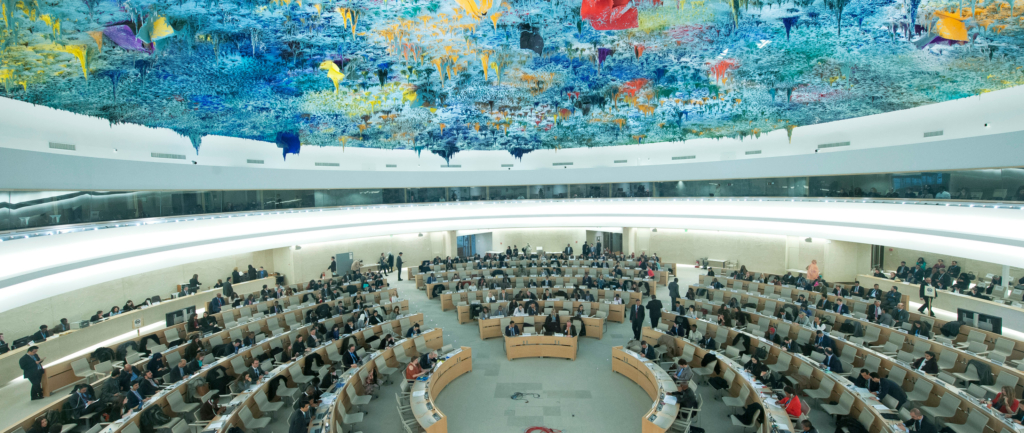
The United States was part of the Core Group that presented the resolution.
"The ultimate aim is to combat longstanding impunity which has prevailed in Sri Lanka for far too long," the Core Group said in Geneva on Wednesday.
The gifting of the aircraft is the latest move in which Washington has been deepening its military ties with Sri Lanka. Recently the Montana National Guard along with Sri Lanka's Air Force conducted a joint military exercise, and before that, it conducted joint anti-terrorism security exercises in Trincomalee.
The US government has also gifted air mobility equipment and cutters in response to Sri Lanka's participation of Sri Lankan Naval forces in the Red Sea Operation against Houthi rebels.




.jpg)
.jpeg)
.jfif)
.jfif)


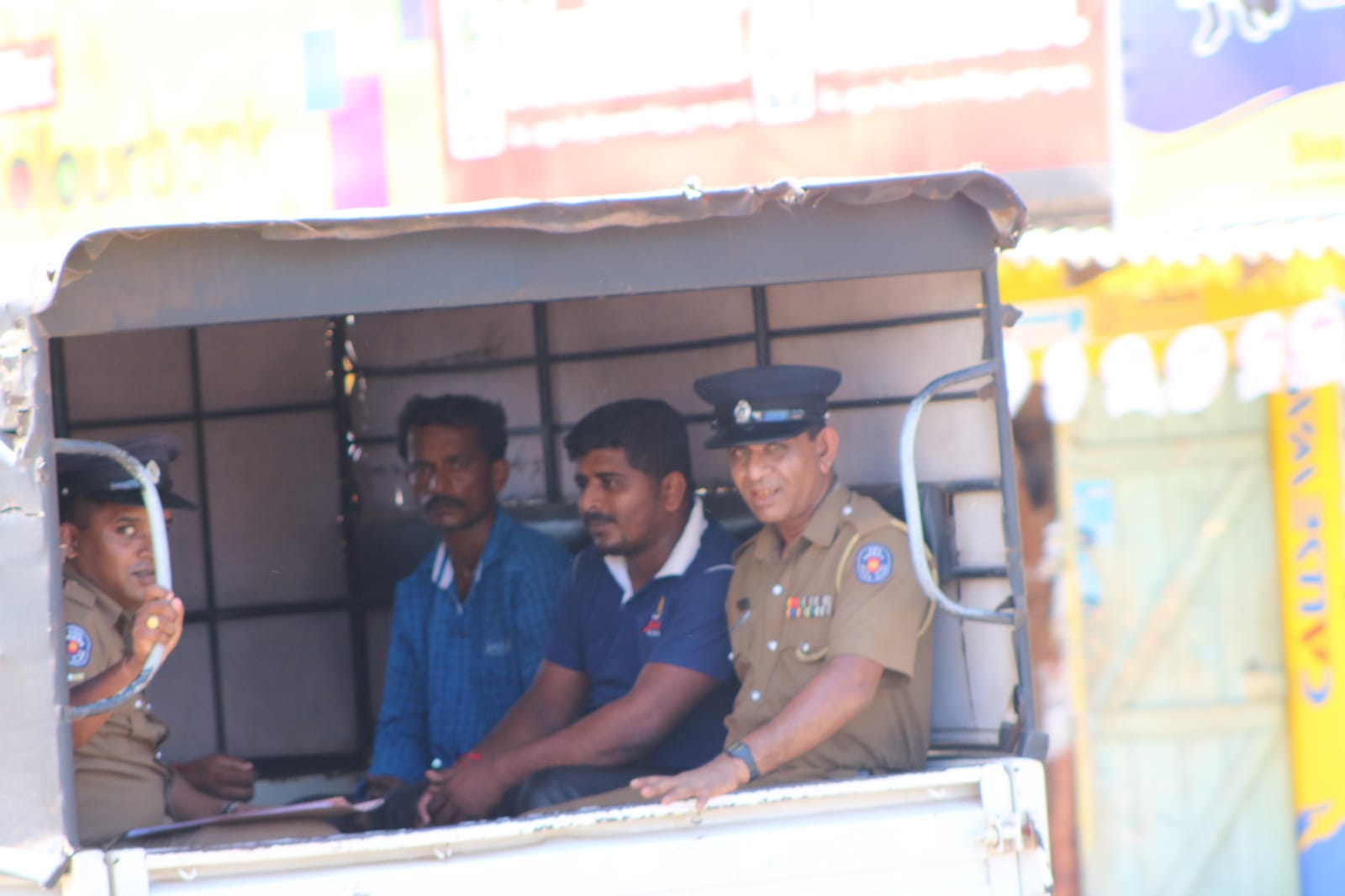



.jpg)
.jpg)
.jpg)
.jpg)
.jpg)
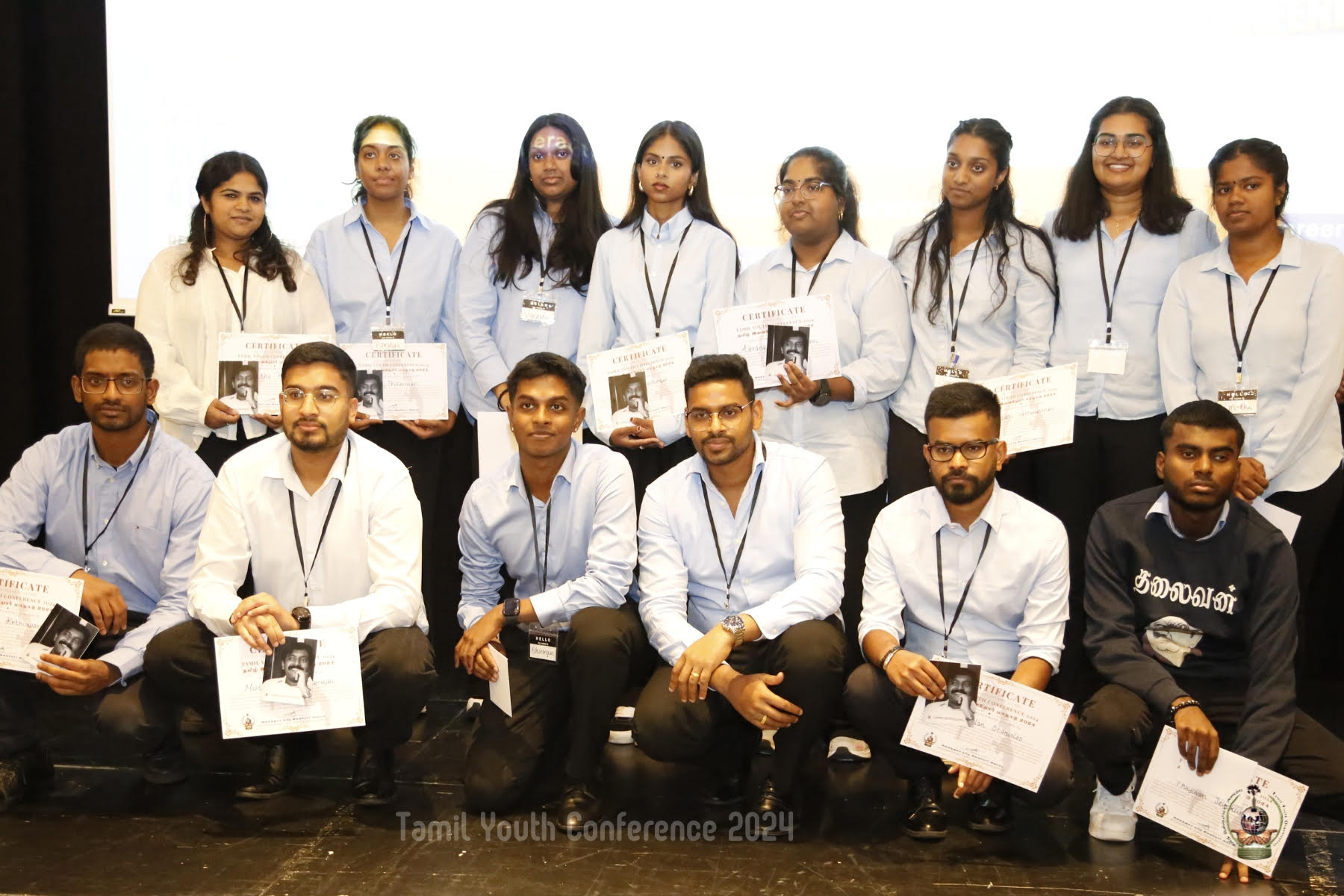

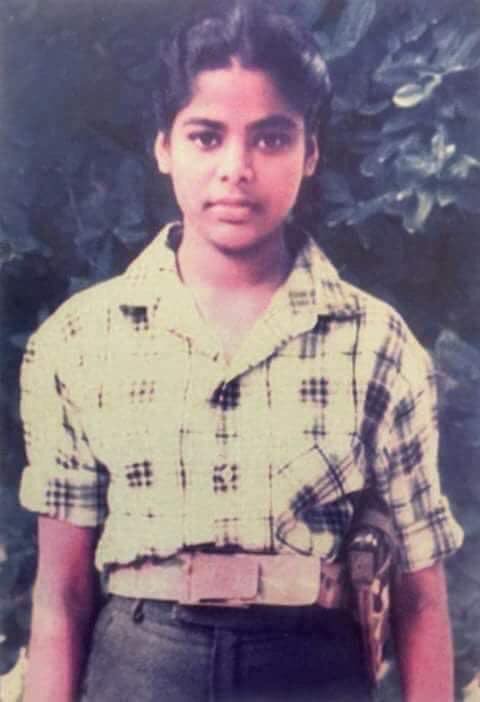

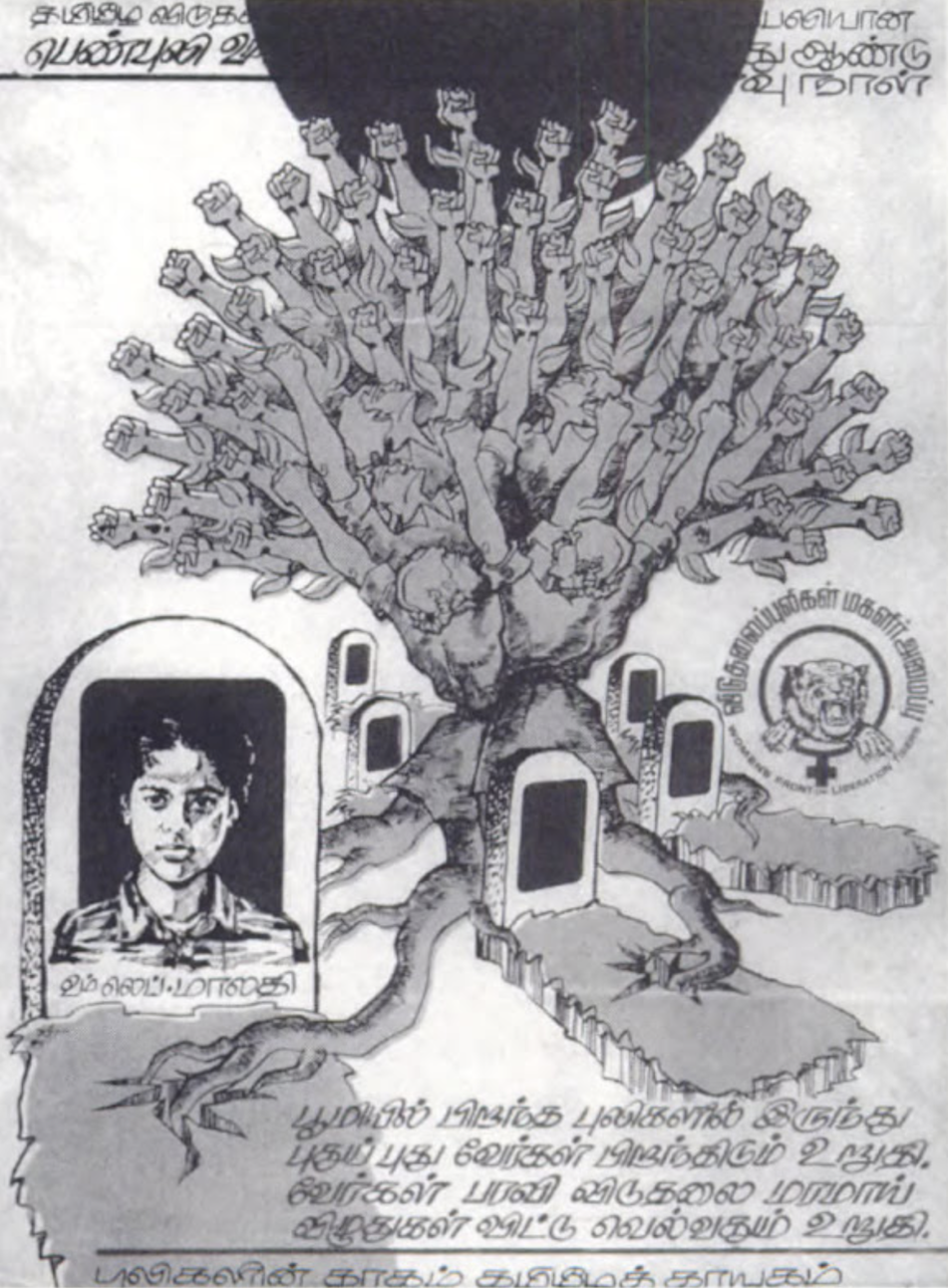



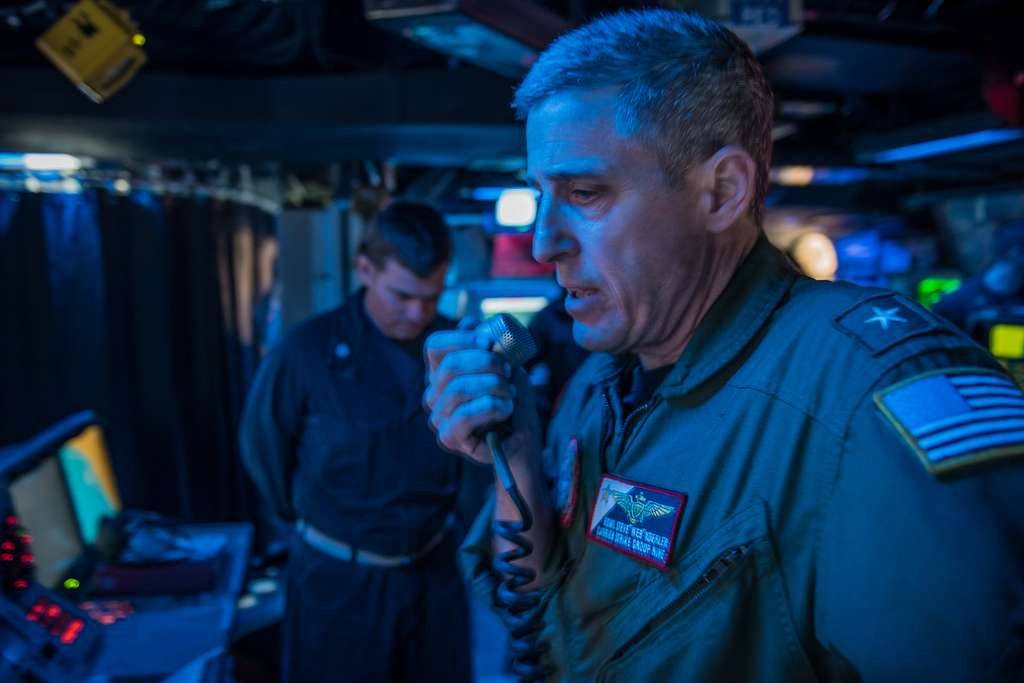

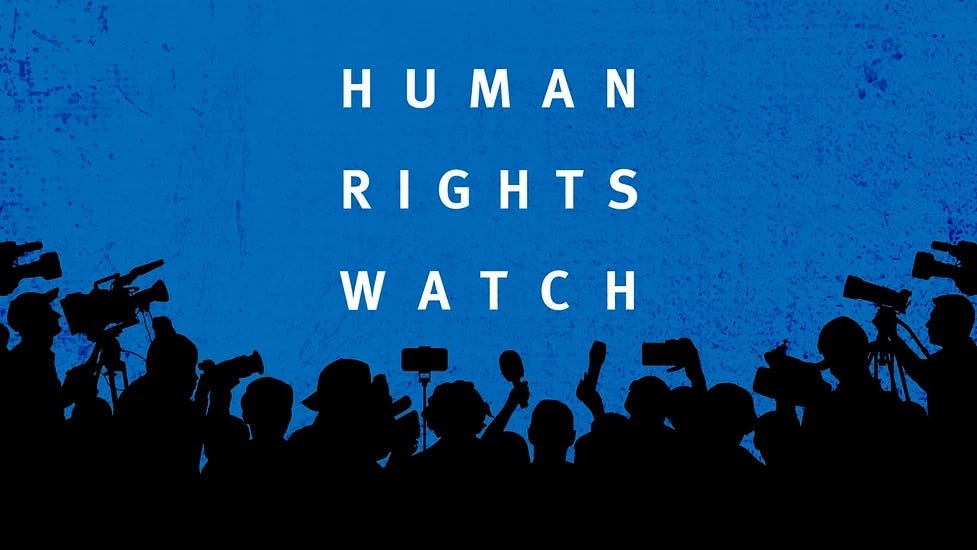

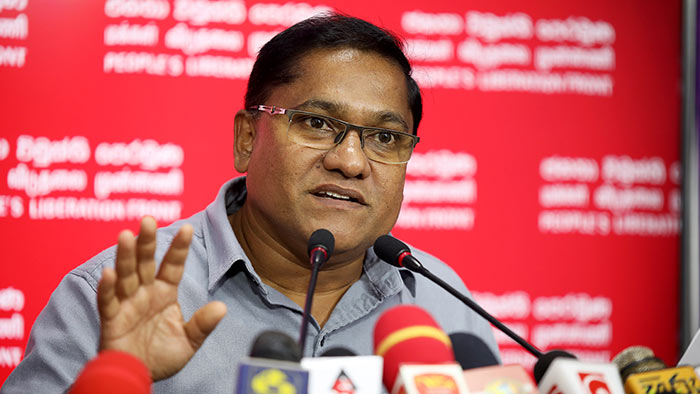

.jpg)
.jpg)
.jpg)

